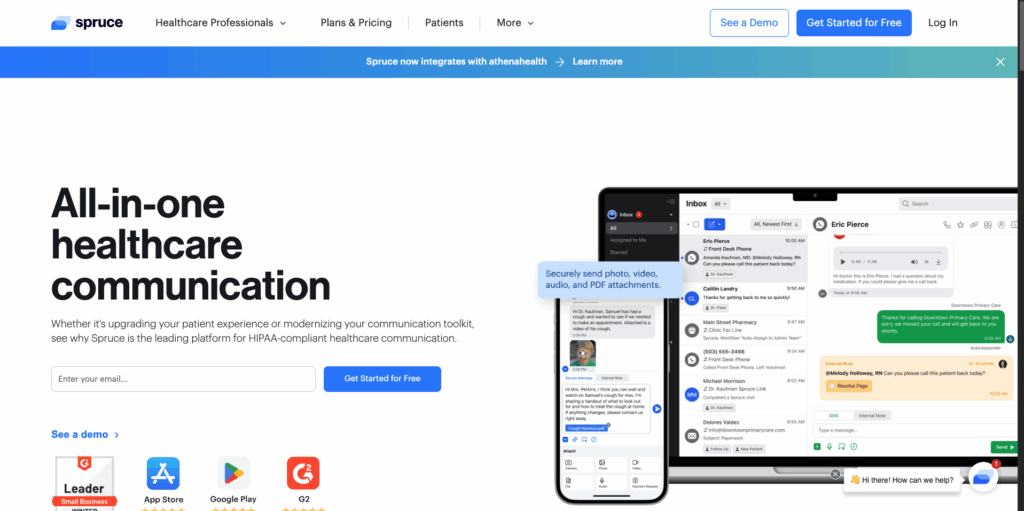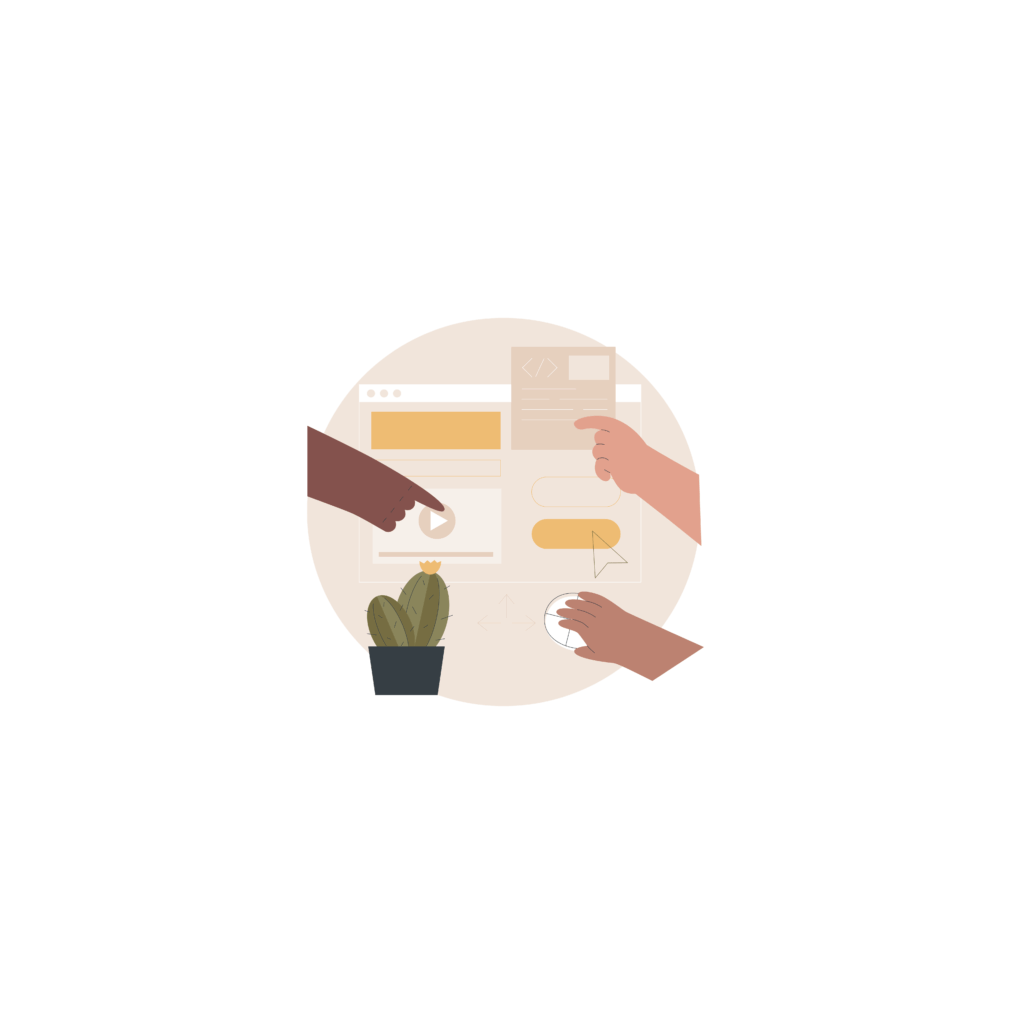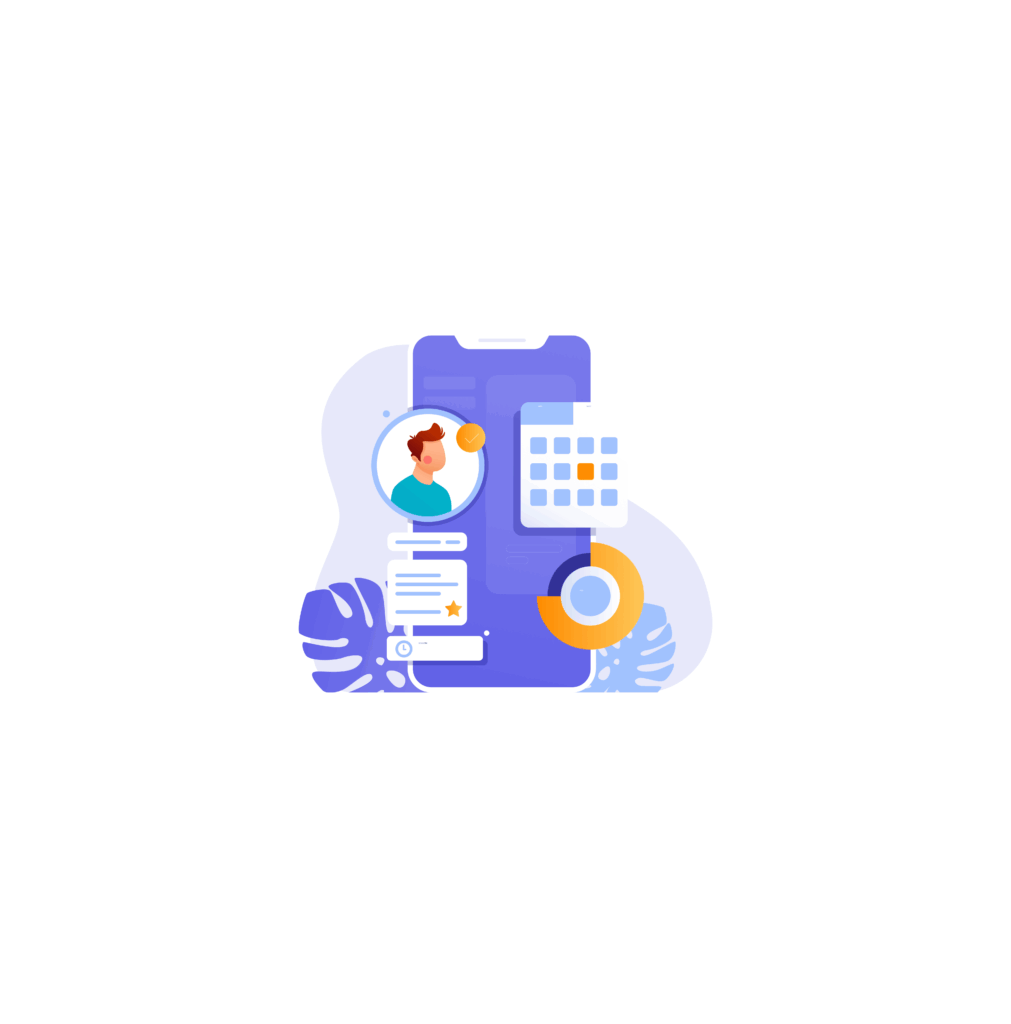Your smartphone is more than just a device, it’s a lifeline. Healthcare apps are transforming the way we manage our well-being, putting everything from virtual doctor visits to personalized health insights at our fingertips.
With over 350,000 health apps flooding the app stores, the real question is: What makes an app truly stand out?
The best healthcare apps don’t just track steps or remind you to drink water, they empower you with smart, seamless, and secure tools to take control of your health. Whether you’re managing a chronic condition, staying on top of fitness goals, or simply seeking faster access to care, the right features can make all the difference.
In this blog, we’ll explore the 10 must-have features that define top-tier healthcare apps. From AI-driven diagnostics to real-time prescription tracking, these innovations are reshaping the future of healthcare.
1. User-Friendly Interface (UI/UX)
A healthcare mobile app’s success hinges on its usability. A well-designed healthcare app should be easy to navigate for users, regardless of their tech-savviness. Features like clear menus, accessible buttons, and straightforward navigation ensure patients can find what they want without frustration, enhancing user engagement and satisfaction.
It can include features such as one-tap access to critical functions (e.g., emergency contacts). Moreover, focus on ADA-compliant healthcare app UI/UX for accessibility.
For instance, MyChart (by Epic Systems) simplifies medical record access with a clean, easy-to-use dashboard.

2. Telemedicine Capabilities
The integration of telemedicine allows patients to consult healthcare providers remotely, breaking geographical barriers and reducing the need for physical visits. This feature is especially crucial in times of pandemics or for patients in remote areas.
The modern virtual care platforms now incorporate:
- Real-time consultation transcripts
- Automated visit summaries
- Sentiment analysis to detect patient distress
- Multilingual consultation support
Amwell, a digital healthcare platform, automatically shares AI-generated visit notes with patients.
3. Appointment Scheduling & Reminders
No-shows from patients cost the U.S healthcare system approximately $150 billion annually. Therefore, an efficient scheduling system with automated reminders can dramatically reduce no-show rates while improving clinic efficiency.
Your healthcare mobile app should enable patients to book, reschedule, or cancel appointments seamlessly. Automated reminders via SMS or push notifications to ensure better time management for both patients and providers.
Here are some key elements for smart scheduling features:
- Real-time availability check
- SMS/email reminders
- Sync with Google/Apple calendar
For instance, Zocdoc allows users to book appointments with doctors instantly.
4. Electronic Health Records (EHR) Integration
Modern healthcare mobile apps should allow integration with EHR systems. Ideal app syncs with major EHR systems like Epic or Cerner, allowing for real-time access to patient medical histories, lab results, and treatment plans. Further incorporate cross-platform accessibility while developing a healthcare app.
This facilitates better coordinated patient care and helps doctors make informed decisions.

5. Prescription Management
According to WHO, 50% of patients don’t take medications as prescribed.
A robust prescription management feature that promotes digital refills and reminders can boost adherence. Modern medic mobile apps can allow patients to view their prescriptions, request refills, and receive dosage reminders.
You can add features such as e-prescriptions to local pharmacies, pill reminders & dosage tracking, as well as drug interaction alerts. These features can further enhance your healthcare app experience for users.
For instance, Medisafe provides AI-powered medication management with refill alerts.
6. Health Monitoring & Wearable Integration
Modern healthcare apps often integrate with wearable devices to monitor vital signs like heart rate, blood pressure, and activity levels.
The integration is now a must-have feature, as the wearables market is projected to hit $195B by 2027. This continuous monitoring aids in the early detection of potential health issues and supports proactive healthcare management.
We can help build a healthcare app that can sync with popular wearable devices, track blood pressure, glucose, and SpO2. You can also incorporate AI-driven health insights for further feature enhancement.
7. Secure Messaging & Communication
The data used in the healthcare industry is sensitive and protected via certain privacy policies and regulations. Your healthcare mobile app should include a secure, HIPAA-compliant messaging systems that enable confidential communication between patients and healthcare providers.
Your healthcare app design can focus on end-to-end encryption, file sharing (labs, scans), read receipts & timestamps. Such features facilitate timely consultations, follow-ups, and the sharing of sensitive information.
For example, Spruce Health offers secure clinician-patient messaging.

8. Push Notifications & Alerts
Timely alerts about upcoming appointments, medication schedules, or health tips keep users engaged and informed. These notifications play a pivotal role in patient adherence to treatment plans. Moreover, it helps to improve medication adherence.
When including push notifications as your mobile app feature, focus on customizable reminders, emergency alerts, and behavioral health nudges.
9. Multi-Language Support
To cater to a diverse user base, offering content in multiple languages ensures inclusivity and better comprehension. It can lead to improved patient engagement and satisfaction.
Include auto-translate chat/EHRs, multilingual symptom checkers, and voice assistant compatibility to improve accessibility of your healthcare mobile app.
10. Analytics & Reporting
Healthcare providers need insights to personalize treatment. Incorporating analytics allows healthcare providers to track patient progress, monitor app usage, and identify areas for improvement.
Moreover, detailed reports support data-driven decisions and personalized patient care. Add patient progress dashboards, predictive analytics such as readmission risk, and custom reports for doctors or healthcare workers.

Ready to Build a Future-Ready Healthcare Mobile App?
The integration of the above features represents more than just technological advancement, it signifies a fundamental shift in how we deliver and experience medical care.
These innovations are bridging critical gaps in healthcare accessibility, personalization, and efficiency.
Healthcare is becoming more digital, more mobile, and more personalized than ever. As we’ve seen, building a truly effective healthcare mobile app goes far beyond flashy interfaces or trendy features. It’s about understanding how people interact with care, from patients managing chronic conditions to doctors juggling busy schedules.
Build healthcare mobile app that balances between usability and compliance, innovation, and reliability. Whether you’re exploring a new idea or refining an existing platform, thinking through these must-have features early on can save time and create real impact down the line.


